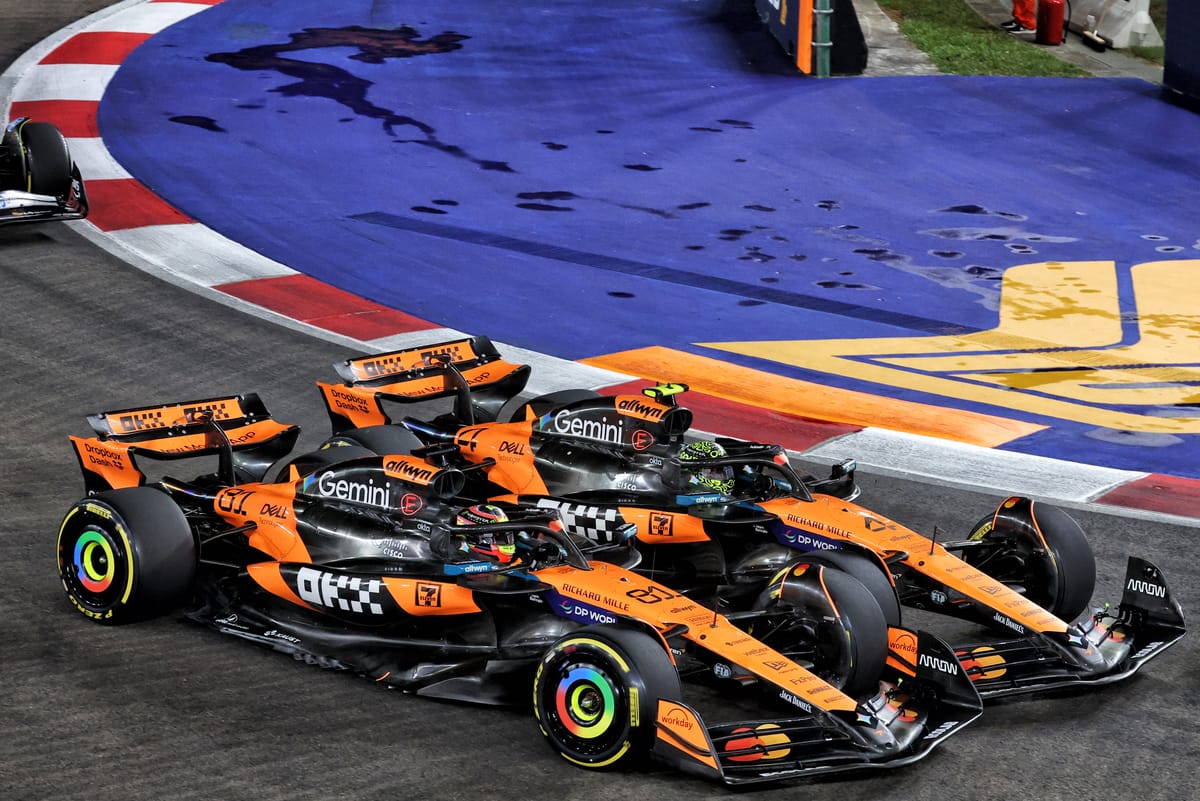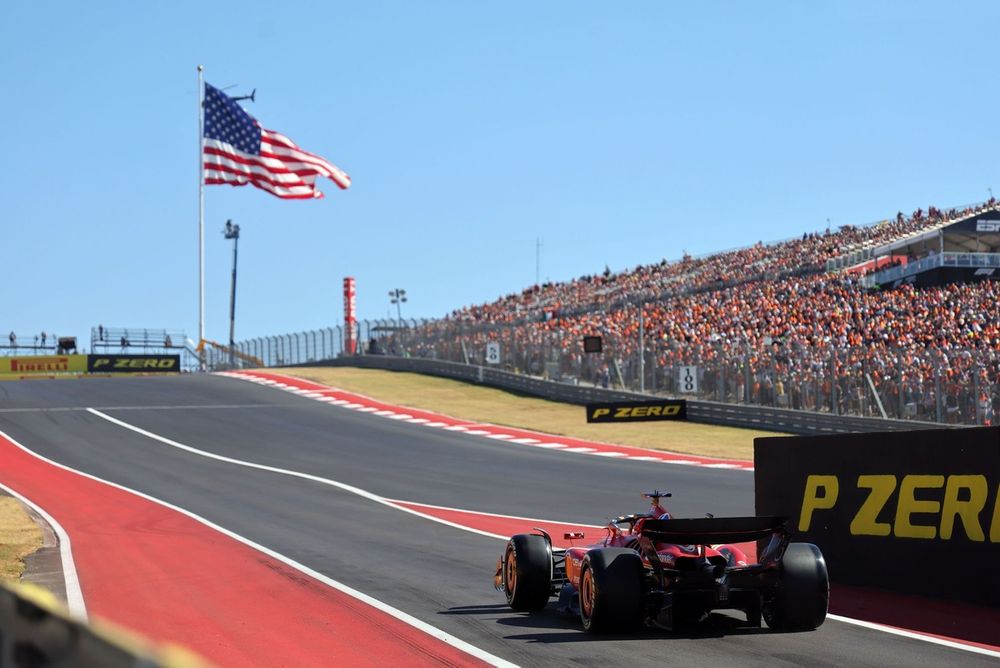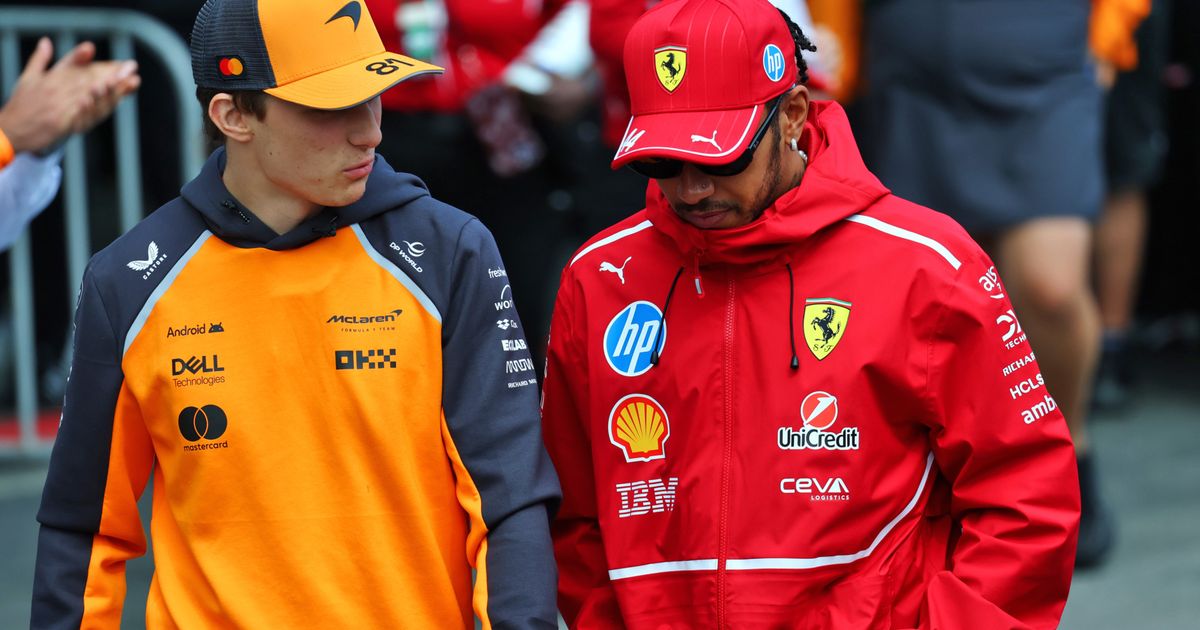
Has McLaren Really Treated Piastri Unfairly in F1's Title Fight?
Oscar Piastri's frustration following McLaren's decision not to penalize Lando Norris for their first-lap contact in Singapore has sparked a heated debate about fairness within the team. While Piastri's viewpoint, particularly after a position swap at Monza, suggests unequal treatment, McLaren argues that their decisions prioritize equal opportunity over manipulated outcomes. The team emphasizes that incidents like these, along with strategic calls and pit stop inconsistencies, are complex and not always black and white, requiring a nuanced understanding of 'fairness'.
Why it matters:
After years of struggling to mount a consistent title challenge, Ferrari's pursuit of a breakthrough engine could dramatically reshape the competitive landscape of F1. A powerful yet reliable power unit is crucial for a team aiming to challenge the established frontrunners and return to championship contention, a position they haven't held consistently since 2018.
The Details:
- Fairness of Opportunity vs. Outcome: McLaren's core principle is ensuring both drivers have equal opportunities, not controlling race outcomes. Judging fairness purely on results can be misleading.
- Strategic Freedoms: In both the Belgian and Hungarian GPs, the trailing driver (Norris in both cases) was given strategic freedom after the leader (Piastri) made his first stop. While outcomes differed, the opportunity for an alternative strategy was consistent.
- The Error Factor: Incidents like Norris's engine failure in the Dutch GP or specific strategy calls for Piastri (e.g., Imola's early two-stopper) resulted in unfair outcomes but not unfair opportunities. McLaren strives for equal reliability and strategic options for both cars.
- Pit Stop Parity: Analysis of all pit stops this season, excluding outliers, shows a marginal difference between Norris (3.02 seconds average) and Piastri (2.97 seconds average), indicating no bias.
- Conflicting Playbooks: Recent issues in Monza and Singapore arose because Piastri's understanding of team rules (e.g., no contact, no post-pit stop position reversal) differed from McLaren's interpretation, which considered broader strategic concerns or the accidental nature of contact.
Maintaining Trust:
McLaren's rationales for Monza and Singapore appear logical, but the crucial factor is whether Piastri still trusts the team's system, which he feels has let him down. The team's duty now is to ensure Piastri's continued belief in their approach, as their racing philosophy depends on both drivers being fully on board. Events like these necessitate extensive discussions to address grievances and establish a clear framework for moving forward, ensuring fairness of opportunity is maintained for the benefit of all involved.
Original Article :https://www.the-race.com/formula-1/has-mclaren-treated-oscar-piastri-unfairly-f1...










